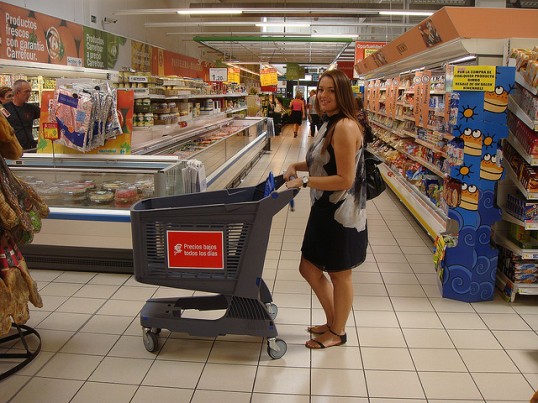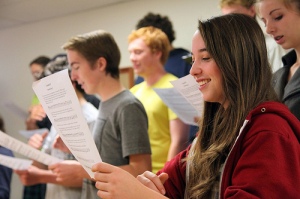Stranger Danger? Teaching Safety in the Community
I’m at my local grocery store studying a display of packaged fresh herbs. Two other shoppers are doing the same thing. “That’s weird. I can’t find any dill,” I say.
“That’s what I’m looking for,” says the middle aged guy beside me. He smiles.
The woman shopper points across the store. “There’s fresh dill over there beside the lettuce,” she tells us.
“Great, thanks!” I say. Then the guy and I head off together on our quest for dill. We both bag our herbs and head our separate ways.
So here’s the thing: I didn’t know that guy in the produce section. Nor did I know that woman. They were STRANGERS. But I understood it was perfectly ok to chat with them.
My daughter (age 20 with autism) often wonders when it’s ok to talk to people she doesn’t know out in public.“I shouldn’t talk to strangers,” she tells me. “A stranger is someone I don’t know. They can be dangerous.”
“Actually, people you don’t know might be very nice,” I tell her. “Sometimes it’s ok to talk to strangers. If someone says ‘hi’ to you at school or on the city bus, you can say ‘hi’ back.”
We live in a smallish city, where we bump into aquaintances at the movie theatre or mall or downtown. As a young adult, my daughter is learning to venture out on her own by the public bus. And sometimes that means communicating with people she sees in the community.
How do we teach ways of tapping into our “spidey sense”–our intuition? This sense lets us know when a situation FEELS safe or unsafe. How do we help keep our adult sons and daughters safe in the community without making them fearful?
What are your ideas and tips?





